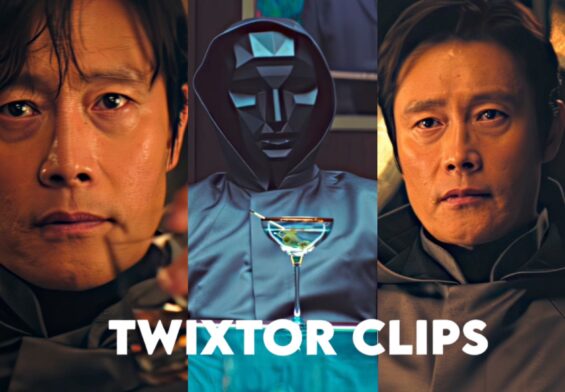♦ANIME WORLD TWIXTOR CLIPS♦
Download Movies Twixtor for Edits : https://moviestwixtor.com/movies-twixtor/
Download Series Twixtor For Edits : https://moviestwixtor.com/movies-clips/
Download Anime Twixtor for Edits : https://animeworldtwixtor.com/
Subscribe to Youtube Channel For More Clips & Twixtors : YOUTUBE
Text Me on Instagram To Request Twixtor / Clips / Promotion : RDJ EDITS / ANIMEWORLD
Salesman Twixtor
The salesman in Squid Game, portrayed by actor Gong Yoo, is a mysterious and intriguing character who plays a brief but pivotal role in the series. Although he only appears in a few scenes, his actions are what set the main events of the story into motion, making him a symbolic and thematic gateway between the real world and the deadly game. Salesman Twixtor Salesman Twixtor Salesman Twixtor Salesman Twixtor Salesman Twixtor Salesman Twixtor Salesman Twixtor Salesman Twixtor
The salesman first appears in the very first episode, approaching the protagonist Seong Gi-hun at a subway station. With a calm demeanor and an inviting smile, he proposes a simple game of ddakji—a traditional Korean paper-flipping game. The stakes are unusual: if Gi-hun wins, he receives a cash prize; if he loses, he gets slapped. The simplicity and almost childlike innocence of the game stand in stark contrast to the brutal nature of what it leads to. After Gi-hun plays multiple rounds and finally wins a game, the salesman gives him a business card with a phone number, inviting him to participate in another, much bigger competition.
This first interaction is important for several reasons. First, the salesman is charming, polite, and clean-cut—far from what one might expect of someone recruiting desperate individuals for a deadly contest. His professionalism and non-threatening appearance disarm the players, making them less suspicious of what they’re actually signing up for. His presence adds to the eerie contrast between the bright, playful aesthetics of the games and the dark reality behind them.
The salesman functions as a recruiter, targeting people who are financially desperate and emotionally vulnerable. His role is not just to offer them a way out of their misery, but to test their willingness to participate in something morally questionable. By making them “choose” to call the number and enter the game, he and the organization behind the Squid Game avoid full responsibility. It’s a subtle manipulation—presenting the illusion of choice when, in reality, these people have been cornered by their own circumstances.
In a deeper sense, the salesman represents society’s quiet indifference to suffering. He doesn’t force anyone to play; he simply offers an opportunity, much like predatory lenders or exploitative employers in the real world. His character underscores one of Squid Game’s central themes: how capitalism and economic desperation can drive people to accept brutal terms just to survive. The salesman doesn’t seem malicious, but he is complicit in a system that commodifies human life for entertainment and profit.
Interestingly, the salesman reappears briefly in the final episode. Seong Gi-hun, having survived the game and learned the full truth about it, spots the salesman trying to recruit another desperate man using the same ddakji game. Gi-hun rushes to intervene, showing how much he has changed since his own recruitment. But by the time he reaches the scene, the salesman has disappeared, leaving only the business card behind. This moment reinforces how the system continues, how the cycle of exploitation remains intact despite the protagonist’s personal growth and moral awakening.
Despite his limited screen time, the salesman has become a memorable figure in pop culture. Much of this impact is due to his enigmatic nature—viewers know almost nothing about him. What is his background? Why does he work for the game organizers? Is he just doing a job, or does he genuinely believe in what he’s doing? The show deliberately keeps these questions unanswered, adding to the unsettling atmosphere of the world it builds.
In conclusion, the salesman in Squid Game is a minor character in terms of screen time, but his influence on the plot and themes of the story is major. He serves as the bridge between the everyday struggles of the real world and the horrific trials of the game. Through his actions, Squid Game explores themes of consent, desperation, and the illusion of free will in an unequal society. The salesman’s friendly face masks the cruelty of a system that turns human suffering into a game.



